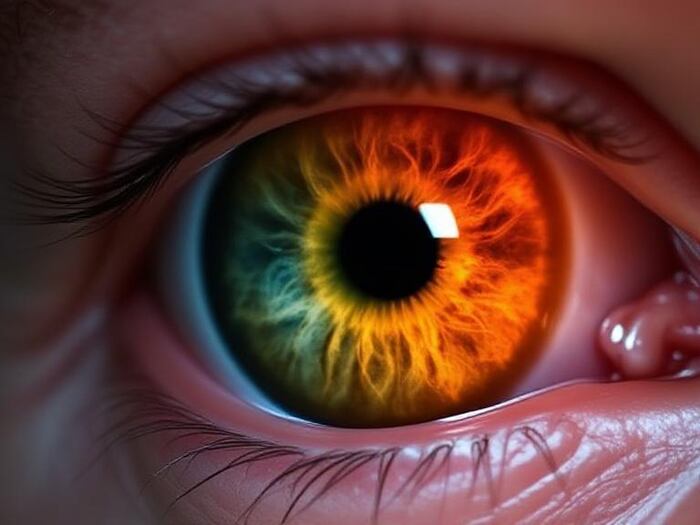Waking up to blurry or distorted vision can feel unsettling. Many people notice small changes in how they see, but when it affects daily life, the worry grows heavier. The fear of losing independence or missing out on precious moments makes the thought even harder.
For those hearing the words “macular degeneration” from a doctor, it may feel overwhelming at first. The mind often rushes ahead, imagining the worst. Yet, living with such a condition doesn’t always mean giving up the life one enjoys.
With understanding, new habits, and available treatments, people can adapt and continue pursuing the things that matter. Age related macular degeneration may change how someone sees the world, but it does not mean the world itself disappears.
Understanding Macular Degeneration
The condition begins in the macula, the part of the eye responsible for sharp central vision. Over time, it can affect the ability to read, drive, or recognize faces clearly. While this can be frustrating, many people find ways to adjust, and early steps often make a big difference in long-term independence.
Changes in Daily Vision
At first, a person may notice problems with fine details, such as reading small print or seeing in dim lighting. Straight lines might look wavy, and objects in the center of view may become shadowed or blurred. These shifts can feel small at the start, but they are often the signs that prompt a checkup. Recognizing them early can help slow down further progression.
Emotional Impact
Beyond the physical changes, macular degeneration carries an emotional weight. Vision connects people not only to tasks but also to experiences, from enjoying a favorite book to sharing eye contact with loved ones. Feelings of loss, frustration, or anxiety are completely natural. Speaking openly with family or support groups can lessen the sense of facing it alone.
Adaptation and Support
The good news is that adaptation is possible. Many who live with this condition learn to use tools and strategies that make life manageable. Large-print books, voice-assisted devices, and simple changes in lighting at home help create comfort and ease. Support from low-vision specialists can provide structured training, offering reassurance that daily routines do not have to vanish.
Treatment and Lifestyle Approaches
While there is no cure, treatments and lifestyle adjustments offer tangible hope. Doctors may recommend medications, procedures, or simple changes that slow the disease and support vision for longer. The earlier care begins, the better the outcomes tend to be.
Medical Treatment Options
In some forms of macular degeneration, especially the wet type, injections into the eye can slow abnormal blood vessel growth. Though it may sound intimidating, many patients adjust quickly and see the benefit in preserving their sight. Routine exams remain essential for catching these changes promptly. Research also continues, offering promising options for the future.
Nutrition and Healthy Living
Food choices play more of a role than many people realize. Diets rich in leafy greens, colorful vegetables, fish, and nuts provide nutrients that support eye health. Supplements containing specific vitamins and minerals are often recommended by specialists. Alongside nutrition, practicing healthy habits such as quitting smoking, exercising regularly, and maintaining balanced blood pressure all contribute to protecting vision.
Coping Tools for Daily Life
Technology now offers options that weren’t available just a decade ago. Magnifying apps, audiobooks, adjustable electronic readers, and screen readers can open doors back to activities once thought lost. Simple home modifications, like brighter lighting and organized spaces, make moving around far easier. These tools bridge the gap, giving confidence where uncertainty once dominated.
Moving Forward
Living with macular degeneration requires adjustments, but life does not stop. Many people discover new ways of enjoying their favorite hobbies or sharing time with loved ones. With the right mix of medical care, lifestyle changes, and practical tools, it is possible to face the condition with strength rather than fear.
Central vision loss can affect detailed tasks, but support from eye specialists and vision therapists can make a big difference. They can suggest assistive devices and practical adjustments to help maintain comfort and independence.


